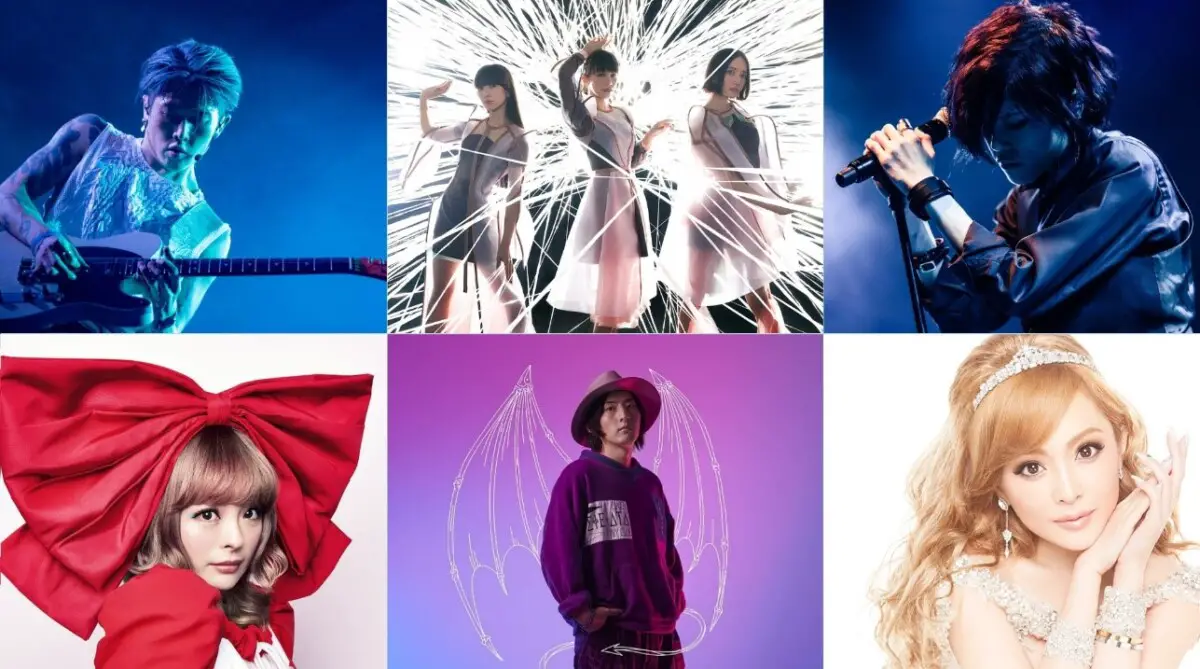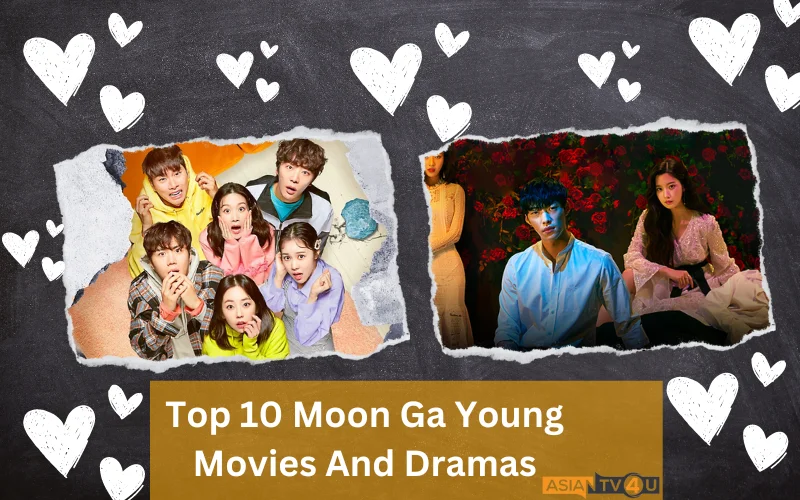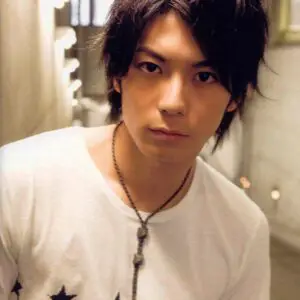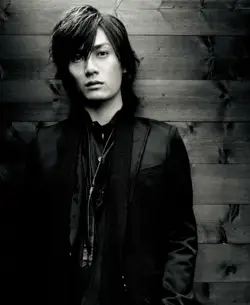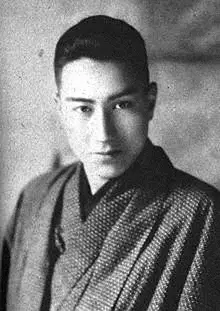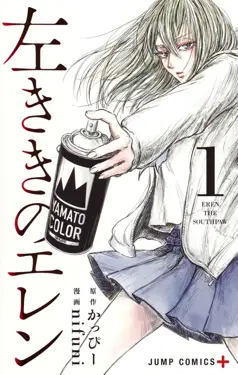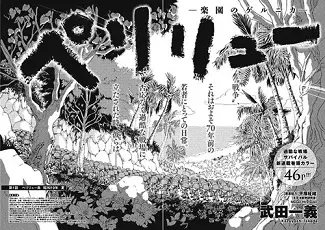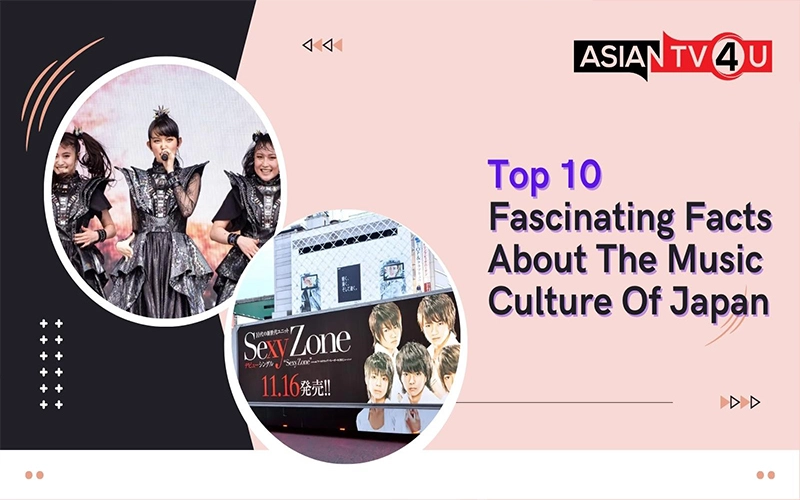
Japan has always been an attraction for whatever reason. It's one of the most impressive countries with aspects of food, history, language, geography, clothing, places, and even music. One of the nations with an admiringly rich musical heritage is Japan, and since ancient times, some genres of Japanese music have served as symbols of the nation. It has a history with the impact of the West and Asia. Japanese Pop music, popularly known as J-Pop, is the world's most acknowledged genre of music. There are several astonishing pieces of information regarding Japan's music industry.
So, below are the top 10 fascinating facts about the music culture of Japan.
1. Japan Previously Prohibited Dancing After Midnight
The terrible Fueiho Law, which outlawed dancing, was only repealed a little over four years ago. After World War II, the government began to focus on dancehalls to combat prostitution, and the law went into place around 1970. Although many people didn't care much about this regulation that was virtually impossible to enforce until the end of the 20th century, the Fueiho Law required venues to apply for specific dancing ownership.
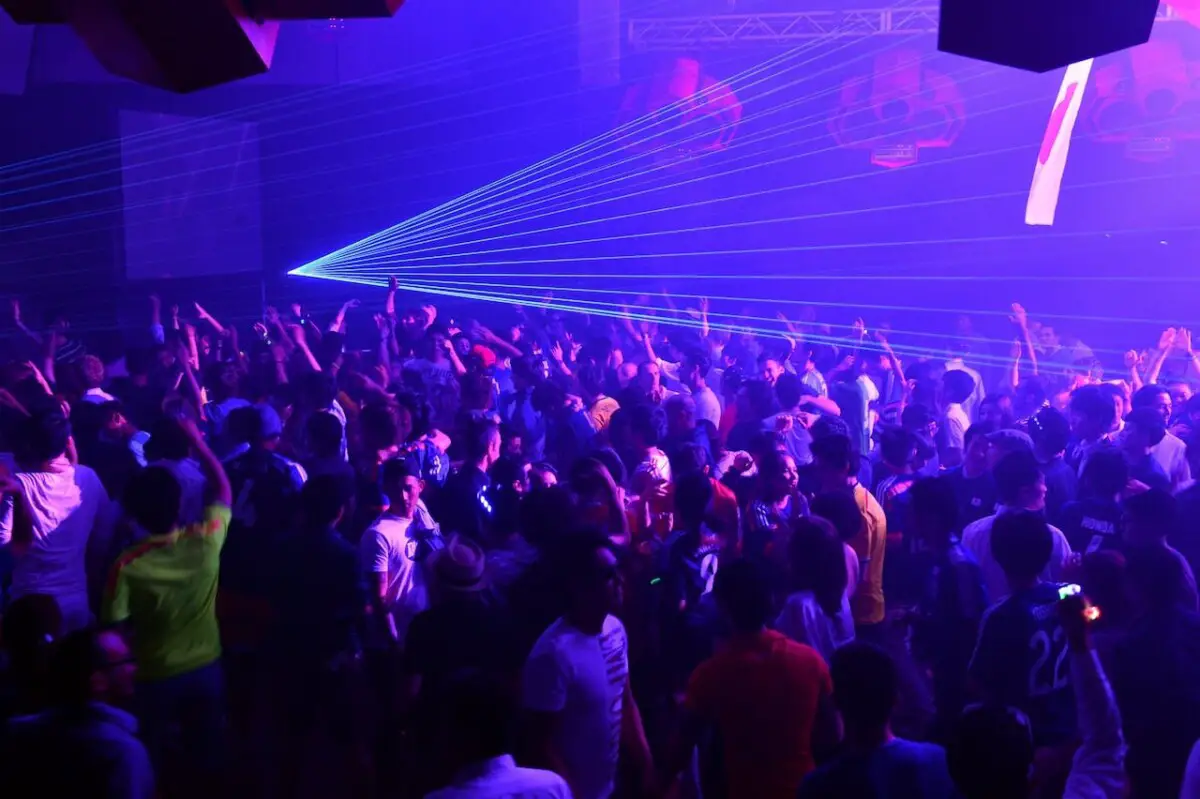
2. Even Now, People Show Interest In Buying Numerous CDs
Maybe the world has moved from the CDs, but surprisingly Japan didn't. The continued obsession with CDs in Japan is one of the most intriguing. Although the reviled plastic disk is now little more than a distant memory in the age of downloads and internet streaming, CD purchases still accounted for 85% of all music sales in Japan. It's somewhat perplexing why the CD is still the primary method of music consumption because the world knows Tokyo as widely regarded as a futuristic, techno-centric metropolis.
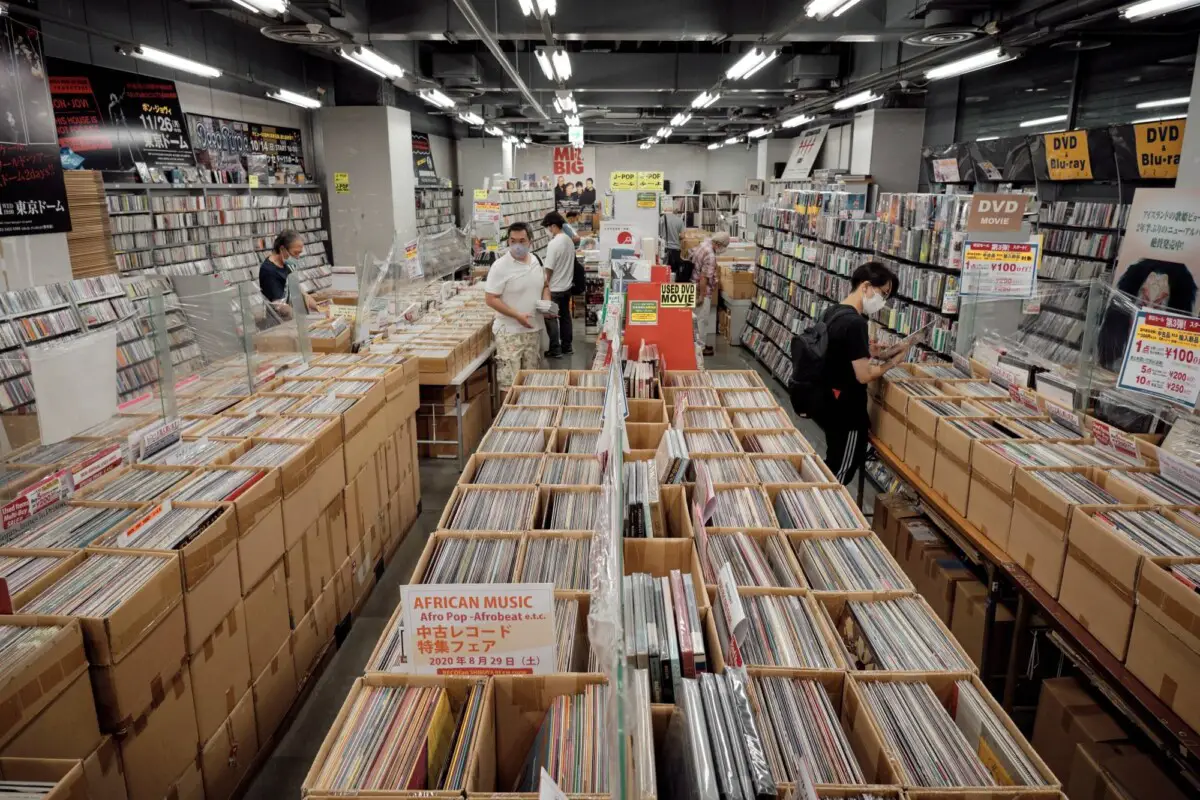
3. Tokyo Is Known For Having The World's Top Sound Systems
It makes sense that audiophiles would settle in Japan, where admiration may readily grow into a full-fledged passion. A plethora of cafes, bars, and clubs crammed into a single block in Tokyo attracts an avid population of music fans. Specifically in the VENT nightclub in Shibuya, a unique location to observe this fixation of the sound system designed to cooperate with the venue's room acoustics to prevent echo.
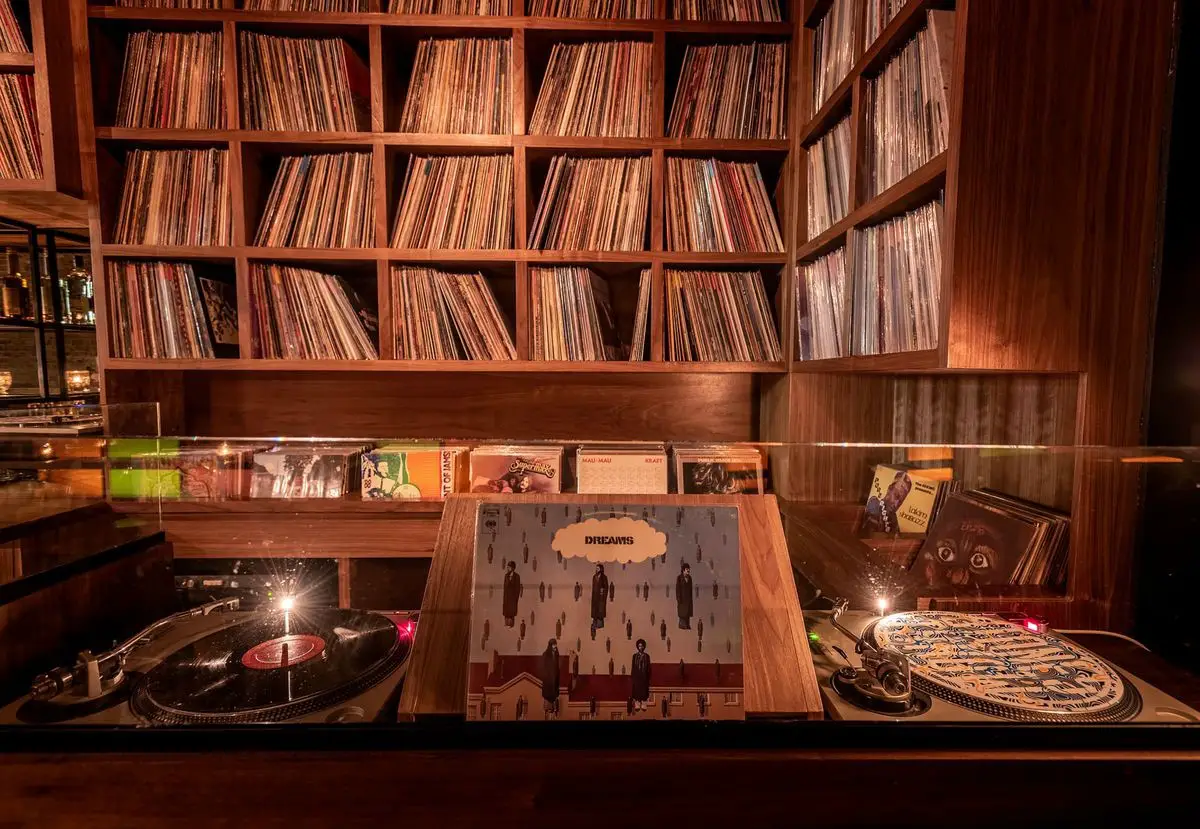
4. Tower Records Is Still Thriving In Only One Nation, Japan
We hardly see Tower Recorder anywhere, but Japan is the only country with it. The Tower Records network submitted a petition for liquidation in 2006, despite once being a mark of the strength and profitability of the music industry. The red and gold megastores, which had locations everywhere in the world, vanished in the late 2000s along, with numerous CD retailers, except in Japan. But shockingly, Tower Records Shibuya achieved the unbelievable in 2012 by growing by adding a bookstore, a live performance area, and a café. It, however, remains a lively location for visitors and residents, dominating the center of Shibuya on a vast 5000 square meter block.
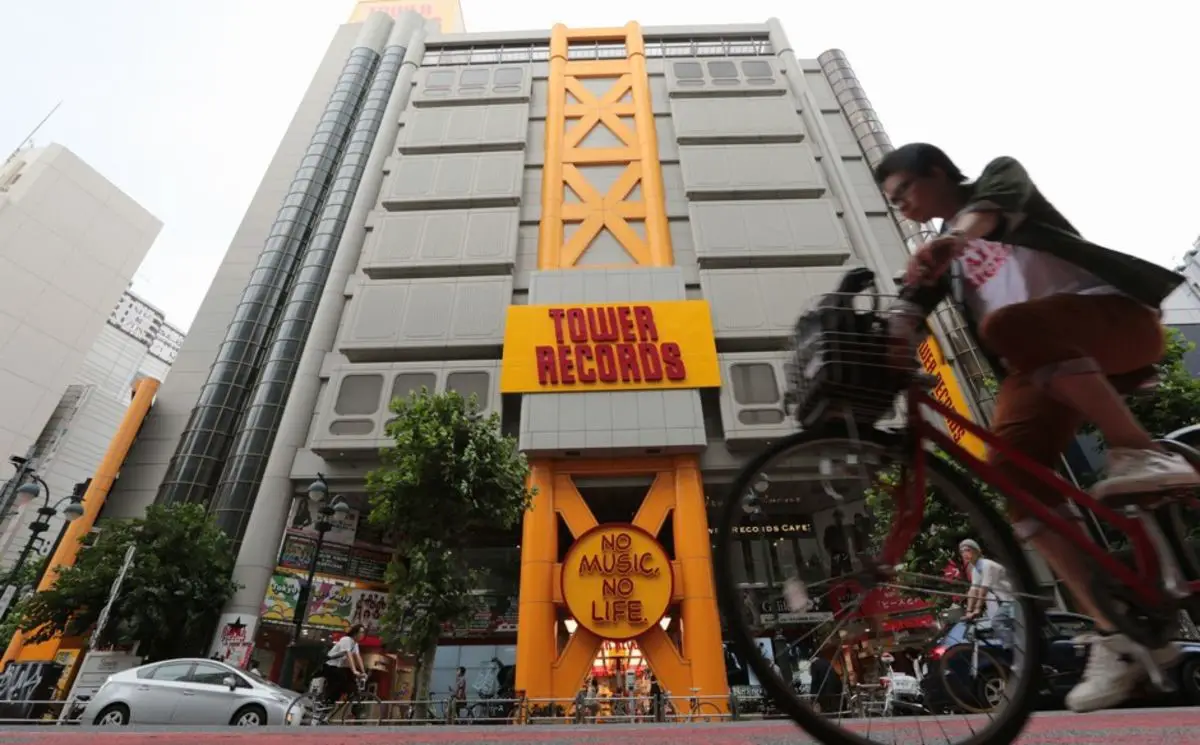
5. Selling CDs For Less Than $25 Is Forbidden
Nowadays, you can get a CD at a possibly lower deal in most Western nations. However, it's not the same case in Japan, where we can get CDs in discount bins because it is against the rule to do so. According to Saihan System, it covers a variety of copyrighted media, including CDs. The mechanism, developed in 1953, permits owners of intellectual property to decide the minimum retail price of recently issued or re-released outcomes should be. There are also CD rental services that, for some strange reason, copyright enforcers find to be good with individuals who feel $25 is a little pricey.
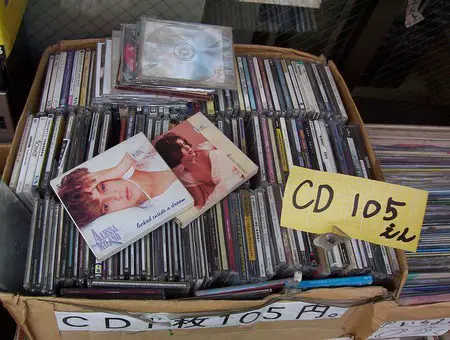
6. The Nation Is Home To The World's Biggest Pop Group
J-Pop is not less popular than K-Pop. It is well-known for its unique qualities. One example is having a group with the most members making Guinness World Records. AKB48, figuratively the biggest pop group in the world, originates from Akihabara, the center of nerd culture. AKB stands for Akihabara, and the band currently has a cast that changes out to around 130 people. The group has a theatre in Akihabara where they perform at night, providing fans with plenty of opportunities to watch their idols in action.
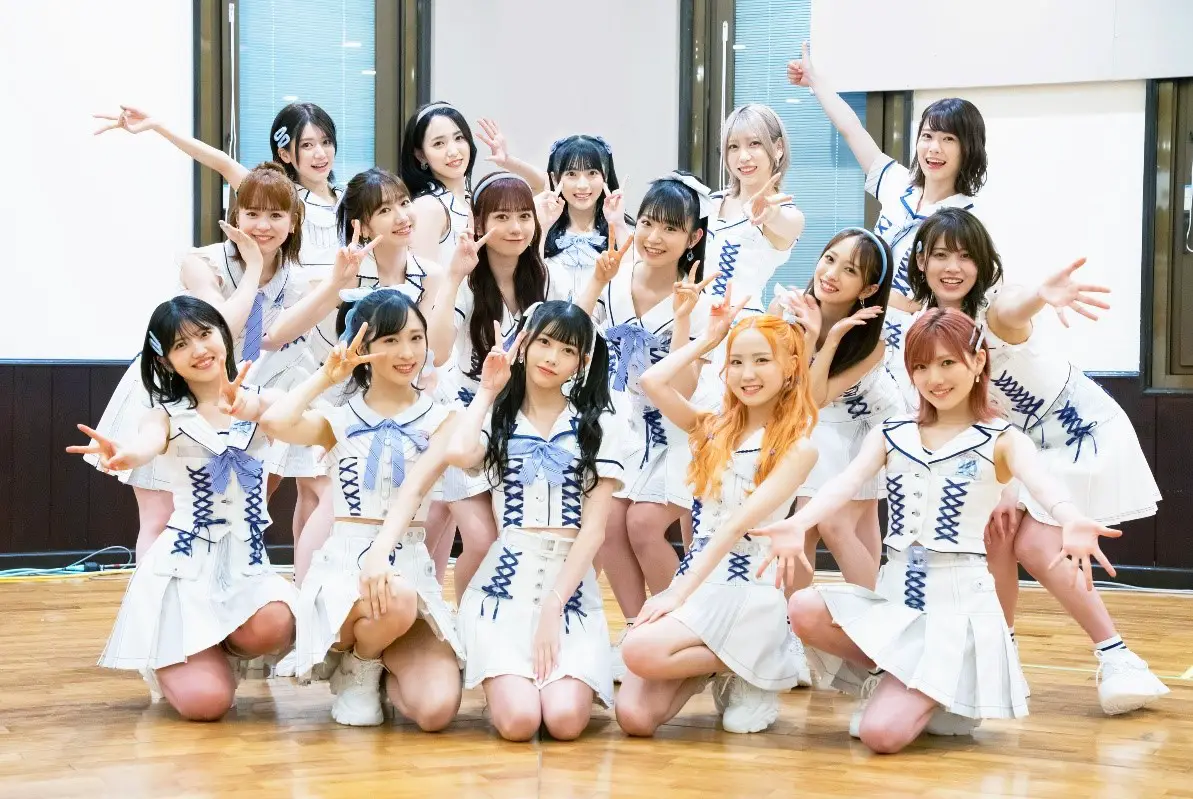
7. A Fusion Of Feminine Pop And Metal Is Known As Idol Metal
J-Pop has many groups having exceptional concepts. No doubt, the unconventional fusion of thrash metal and excessively disagreeable pop is a natural and booming genre in Japan. The most well-known band worldwide is Babymetal. Babymetal, a group with three teen singers, has traveled the world and popularized the genre there. Ladybaby, which formerly comprised two ambitious Japanese models and an Australian wrestler who was cross-dressing, is another famous act in the Idol Metal subgenre.
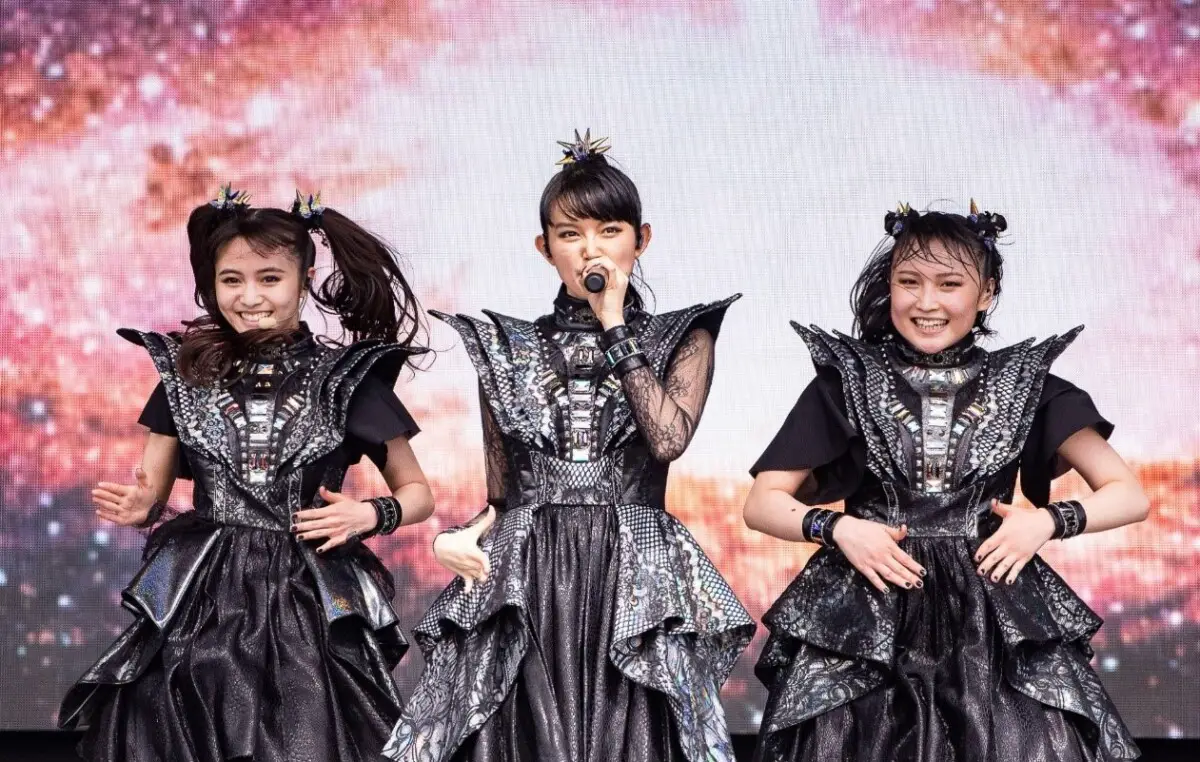
8. The Shortest Pop Hit Ever Recorded
Some things are only possible in Japan. It is the shortest song on the Billboard Hot 100 that belongs to Japanese comedian Pikotaro. With the absurd yet contagious viral comedy hit PPAP, also known as Pen-Pineapple-Apple-Pen, the 49-year-old comic stormed the internet and the mainstream pop charts in late 2016 and shot to fame. With its triumph, a Japanese singer entered the US Billboard Hot 100 for the first time in 26 years.

9. Ad Trucks With Music Playing
Japan always works differently from other countries. You'll find those big illustrated billboard trucks blaring music from their speakers in the districts of Tokyo. The sole objective is to promote the latest music and products of artists. They're massive and are known as ad trucks. There ought to be a problem with it, but no doubt they help lure attention and sure are striking, which is a profitable and sufficient marketing strategy.
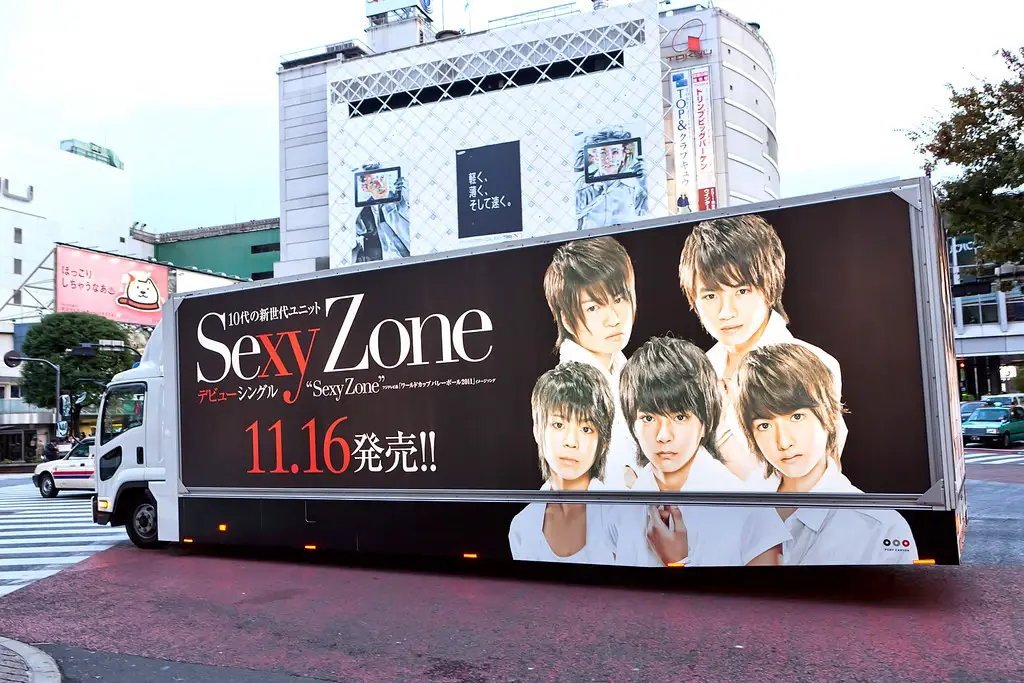
10. An Exchange System
Like in any other nation, Japanese music advocates want to sell tickets. An exchange system would be advantageous since many Japanese artists would jump at the chance to be seen outside of Japan, wherever they may be. You will be astonished by the outcomes if you cooperate. Myspace is still very well-liked in Japan because it keeps in touch with its audience.
